Cover photograph: Christ Between Angels and Saints [The Second Coming] .
Apse Mosaic. San Vitale, Ravenna, Italy.
Courtesy of: Scala/Art Resource, N.Y.
Bible quotations, unless otherwise noted, are from the New Revised Standard Version of the Bible, copyright 1989 by the Division of Christian Education of the National Council of Churches of Christ in the U.S.A. Used by permission.
WHO WROTE THE NEW TESTAMENT? The Making of the Christian Myth . Copyright 1995 by Burton L. Mack. All rights reserved under International and Pan-American Copyright Conventions. By payment of the required fees, you have been granted the non-exclusive, non-transferable right to access and read the text of this ebook on-screen. No part of this text may be reproduced, transmitted, down-loaded, decompiled, reverse engineered, or stored in or introduced into any information storage and retrieval system, in any form or by any means, whether electronic or mechanical, now known or hereinafter invented, without the express written permission of HarperCollins ebooks.
HarperCollins,  , and HarperSanFrancisco are trademarks of HarperCollins Publishers Inc.
, and HarperSanFrancisco are trademarks of HarperCollins Publishers Inc.
FIRST H ARPER C OLLINS PAPERBACK EDITION PUBLISHED IN 1996
Library of Congress Cataloging-in-Publication Data
Mack, Burton L.
Who wrote the new testament? : the making of the Christian myth / Burton L. Mack.
Includes bibliographic references and index.
ISBN 0-06-065517-8 (cloth)
ISBN 0-06-065518-6 (pbk.)
1. Bible. N.T.Criticism, interpretation, etc. 2. Bible. N.T.Controversial literature. 3. Bible N.T.Canon. 4. Bible. N.T.Evidences, authority, etc. 5. Bible. N.T.Authorship. 6. ChristianityOrigin. I. Title.
BS2361.2.M13 1995
958937
225.6dc20
06 05  RRD(H) 15 16 17 18 19 20
RRD(H) 15 16 17 18 19 20
EPub Edition JANUARY 2013 ISBN: 9780062275714
For Curt
Whose ancient texts are the Mission Mountains,
and whose other culture is the Nez Perce

THE MYSTIQUE OF
SACRED SCRIPTURE
Fascination with sacred scriptures seldom surfaces for observation or remark. Their mystique is subtle, something that most persons in a culture would hardly recognize even if mentioned. I have been pondering that mystique, asking why the Bible has such a curious hold on our minds and imaginations. I have not been thinking about the obviously embarrassing public displays of foolish obsessions with the Bible in our time, listening for the hoofbeats of Johns four horsemen of the apocalypse, for instance, or citing Paul to prove that gays are sinners in the eyes of God. Madness of that sort can pop up in times of social and cultural crisis no matter what the issue or the mythic authorities might be. I am thinking instead about all of the seemingly innocent ways in which the Bible is taken for granted as a special book, and about all of the ways in which it works its magic in our culture without ever being acknowledged, consulted, or read.
The range of procedures for consulting the Bible is astounding. Students tell me that their grandmothers used to seek a word for the day by letting their Bibles flop open to a verse for the day. Ministers, priests, rabbis, preachers, and teachers by the thousands pore over these texts in quest of some lesson or message fit for their classes or congregations. Groups are now forming outside the formal boundaries of institutional religion to study the Bible in the hope of discovering some fundamental truth felt to have been lost in our recent past. Think of the intellectual labor invested in the academic study of the Bible, the production of scholarly studies and guides for interpreting the Bible, and the huge flow of literature that constantly pours forth from church houses and commercial publishers of books on the Bible. One might well wonder at all this activity swirling around a single book.
This constant consultation of the Bible is partially explained by the important role assigned to the Bible in our religious institutions. Readings from the Bible are essential to liturgies, lessons from the Bible are basic for teachings and doctrines, and references to the Bible are felt to be necessary in the construction of theologies by those charged with the intellectual life of religious traditions. The remarkable thing about this kind of appeal to the Bible, however, is that it does not seem to matter whether all of the theologies and teachings so derived agree. And it does not matter that, for a particular teaching or view, the biblical basis may consist of only a small set of sentences taken out of context and pressed into a dogma. This is true even at the highest levels of serious theological discourse. A study by David Kelsey (1975) has shown that, as one moves from one theological system to another among the Christian traditions in America, the selection of biblical texts said to be basic for the system also changes. It is as if everyone knows that the voices recorded in the Bible are many and diverse but that everyone continues to treat the Bible as if it spoke with a single voice. And even though the Bible is treated as a book with a single message, everyone understands that it must be studied as if the message were hidden or unclear. It is treated as if it were a collection of divine oracles that have to be decoded in order to arrive at the truth they contain. Is it not odd that one needs to consult the Bible, study the Bible, comb through the Bible, or pierce the surface of its enigmatic language in order to discern the hidden truth that gives it the authority it has for our religions? Is it not odd that we have not taken note of this curious preoccupation with the relentless study of the Bible in our society and that we do not ask what it is about the Bible and our religions that lies behind such fascination?
The Bible also works its magic in our culture outside the bounds of religious institutions, although the ways in which it influences our collective sense of values and patterns of thinking as Americans are not readily recognized or discussed openly among us. Most of us do know, however, that biblical imagery and themes pervade the history of Western literature, theater, art, and architecture. We also know that the Bible was always involved in the conquest of other lands. During the age of discovery, for instance, Columbus studied the Bible in order to plan his voyages, and he read the parable of the feast in Luke 14:1624 as a commission to circle the globe and compel the heathen to convert as Luke 14:23 enjoins (J. Z. Smith 1986). Should not such examples of the Bibles influence in the history of our expansive civilizations bring a little frown of embarrassment to our faces?

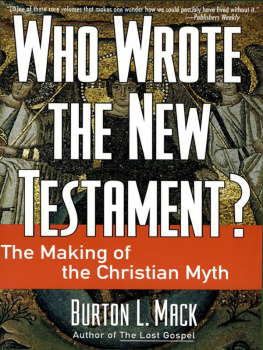
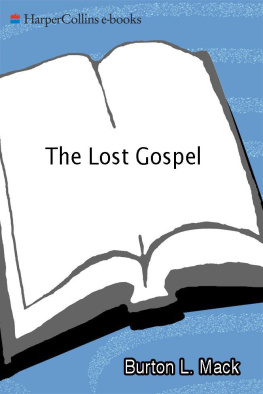

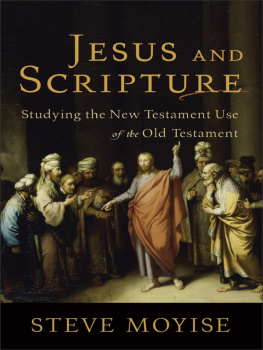
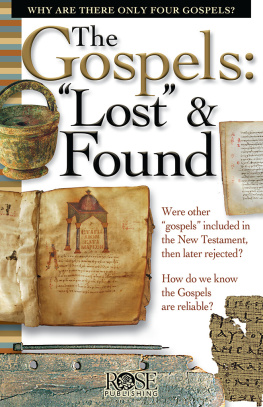
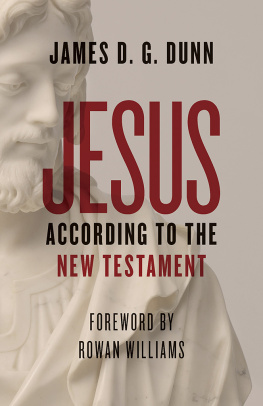
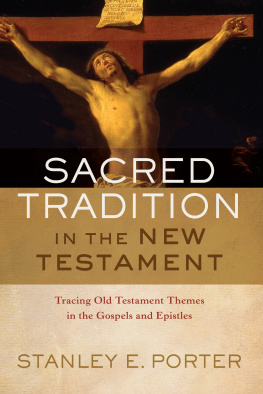
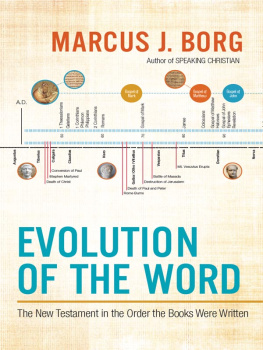
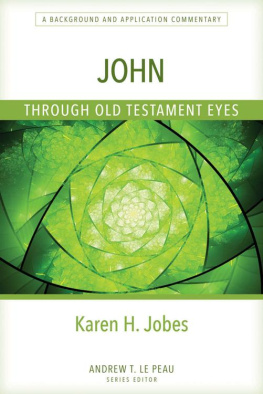
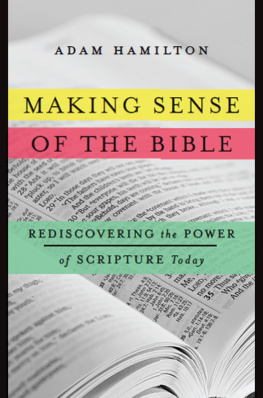
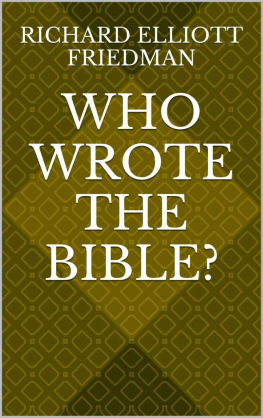
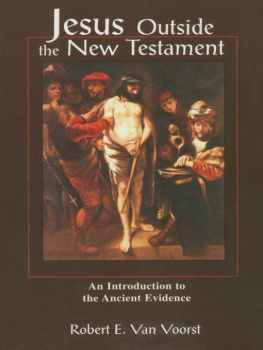
 , and HarperSanFrancisco are trademarks of HarperCollins Publishers Inc.
, and HarperSanFrancisco are trademarks of HarperCollins Publishers Inc. RRD(H) 15 16 17 18 19 20
RRD(H) 15 16 17 18 19 20